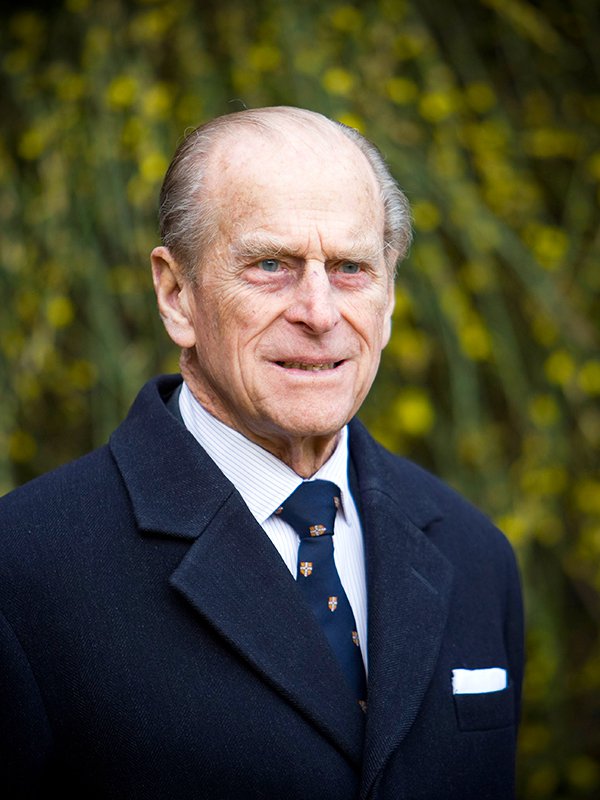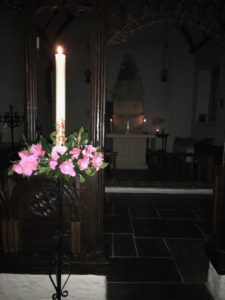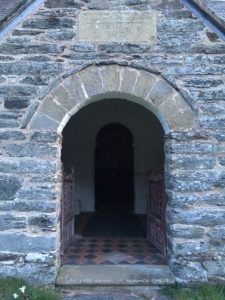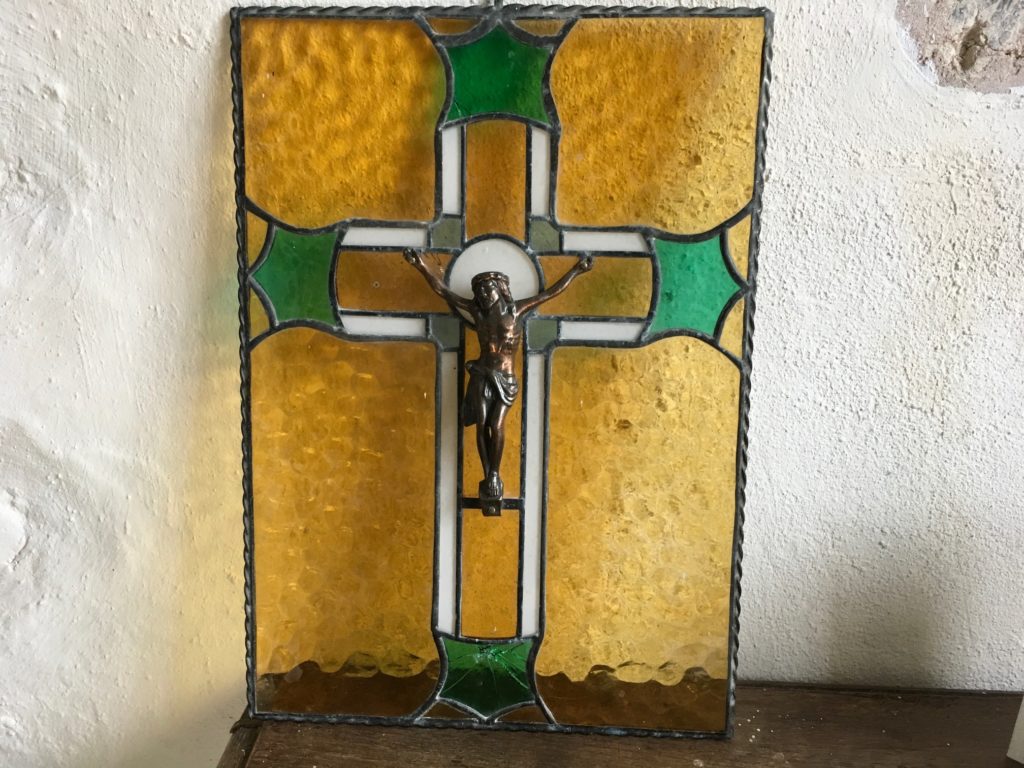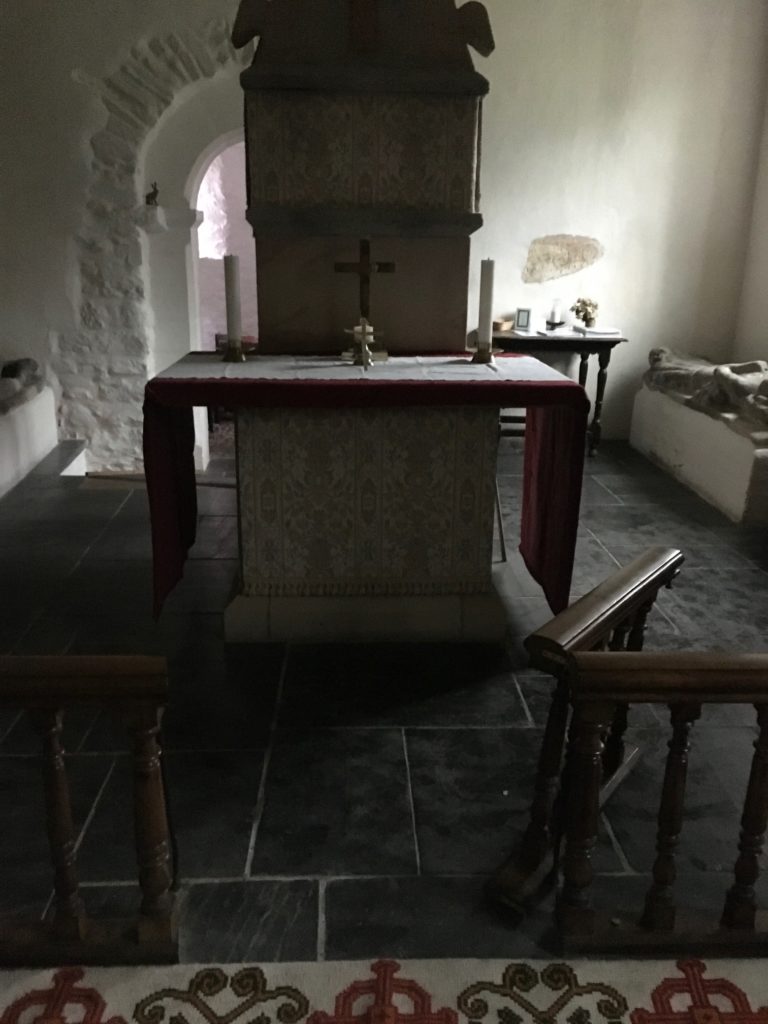The Shrine Church and Centre of St Melangell – May Services
May 27th is the feast day of St Melangell and, this year, although restrictions are easing, the main celebrations will be online as this tiny church can’t accommodate at a 2m distance the numbers of people likely to arrive. As we have only one door and no windows that open, it’s also not possible to provide a one-way system or aerate the building well. So, to reduce the risk that could occur, it’s suggested that the church will be open for said services only and for those who want to say a prayer but that the website is used to mark reminiscences of previous services, memories of visits or thoughts about Melangell as well as a prayer about the saint that people might like to write. Please contact the website at stmelangell.org to be involved with this – it would be good to have some local stories there as well as the wider comments that are received.
Meanwhile, anyone wanting to attend must book beforehand via admin@stmelangell.org or 01691 860408 as seating will be limited while the current restrictions apply. Face masks will need to be worn in accordance with the Welsh Government’s guidance and all services will be held according to the restrictions required by the Church in Wales. The centre and accommodation remain closed currently but if the advice changes, please contact the website for up to date information.
May Services in Church:
Fifth Sunday of Easter, May 2nd, 3pm: Service of reflection.
Sixth Sunday of Easter, May 9th, 3pm: Service of reflection.
Seventh Sunday of Easter, May 16th, 3pm: Service of reflection.
Pentecost, May 23rd, 3pm: Service of reflection.
Feast day of St Melangell, 27th May, noon: Said Holy Eucharist in church.
Trinity Sunday, May 30th, 3pm: Service of reflection.
As well as these services, there is a Zoom discussion and online worship group on Thursdays at 11am for those who are unable to come to church yet.
For further information, please contact the Guardian as above.
Melangell must have seen great changes in her lifetime – as her feast day is celebrated once more, and in such a simple way, thanks be for the steadfast woman who left the riches of a wealthy lifestyle to live so modestly in this valley and whose legacy is still evident today.
With my prayers,
Christine, Guardian.


